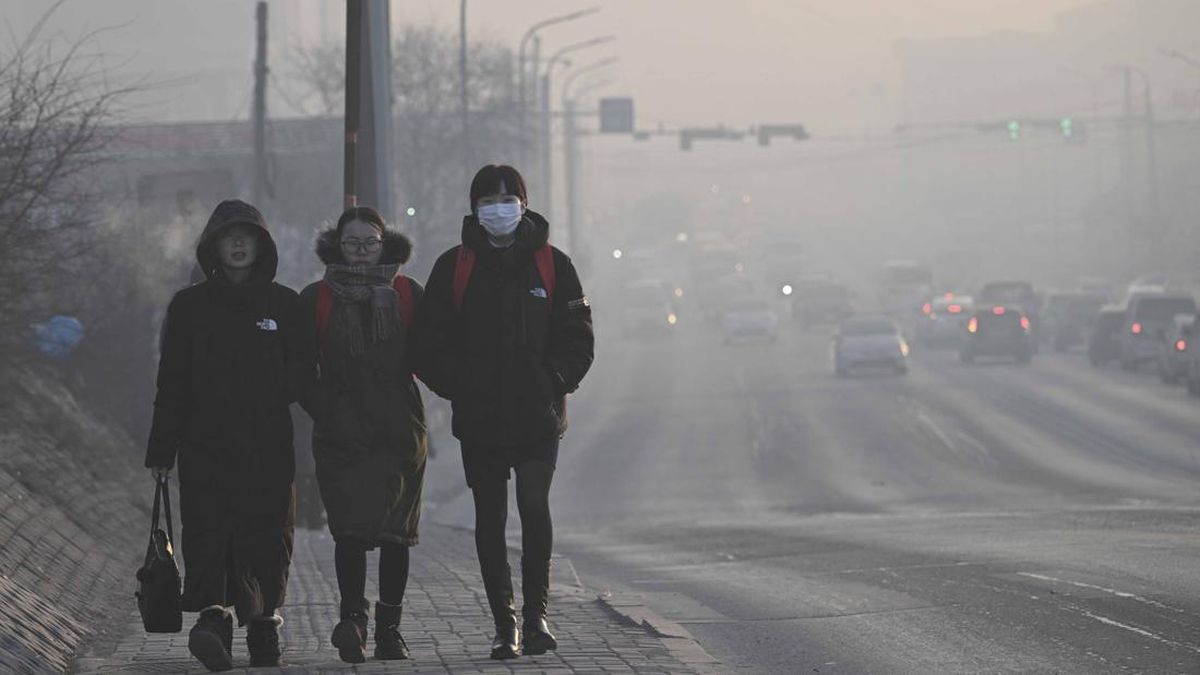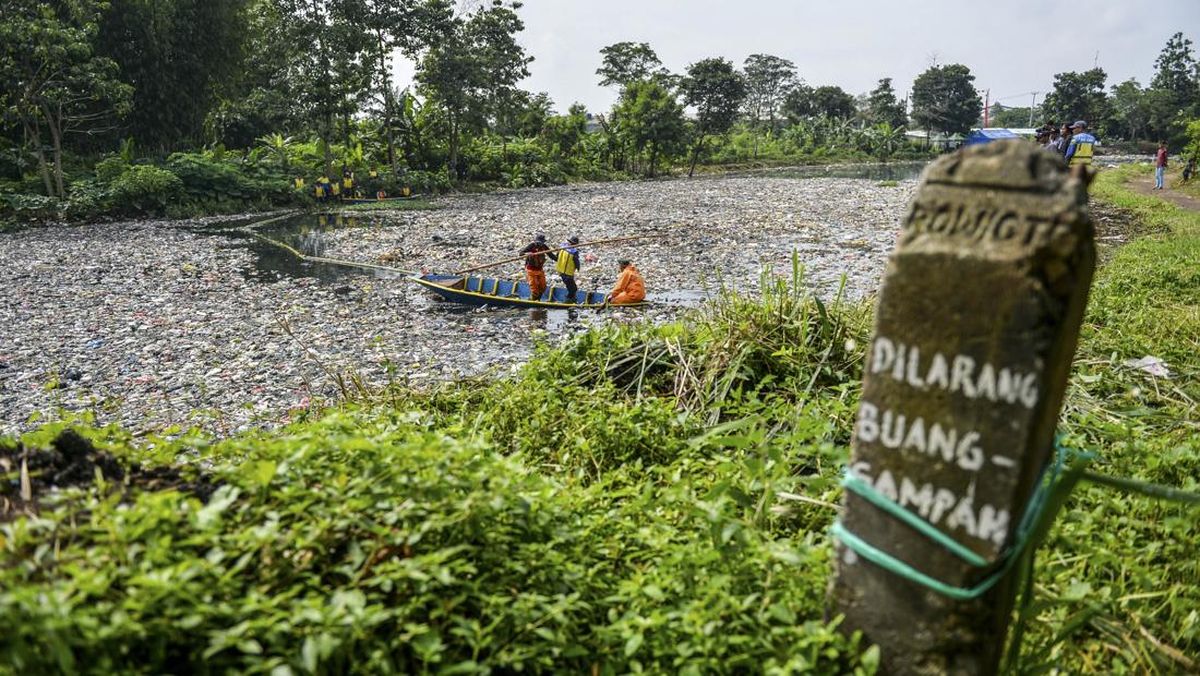By Farai Mutsaka
October 19, 2025 — 9.30am
Shamva: Inside a white tent with a wooden fireplace in the middle, about two dozen African girls slip off their shoes, sit on mattresses and prepare to pour their hearts out.
They hold hands and their chants of “it’s so nice to be here” echo through the tent before they set about discussing sexuality, child marriage, teen pregnancy, gender bias, education, economic empowerment and the law. Nothing is off limits.

“This is a safe space, every girl feels free,” said 18-year-old Anita Razo.Credit: AP
The girls’ hangout in rural north-eastern Zimbabwe is a revival of Nhanga, the local term for “girls’ bedroom”, an ancient traditional space once used to prepare adolescent girls for marriage.
Across rural Zimbabwe, girls are now reinventing the centuries-old practice as a peer-led movement to resist child marriage, which is rife in the southern African nation.
“This is a safe space, every girl feels free,” said 18-year-old Anita Razo, who joined at 14 and now mentors younger girls.
Ancient tradition, new purpose
In traditional homesteads, a round thatched hut served as Nhanga, a female-only room where girls were taught obedience, how to please husbands and moral education. It reinforced patriarchal expectations.

Women and girls sit inside a tent with a fireplace in the middle as their mentor speaks about child marriages at a school in Shamva, Zimbabwe.Credit: AP
Today, the practice is being flipped. “The new Nhanga is a cultural innovation dealing with modern problems”, and where girls candidly tackled subjects still sensitive in many conservative homes, said Nokutenda Magama, a programs officer with Rozaria Memorial Trust, a non-profit that works to empower rural girls and women, and is behind the Nhanga revival.
Sessions include practical skills like poultry raising, farming and soap making.
The trust organises gatherings by age group, from girls as young as five to women over 35, ensuring an age-appropriate curriculum and mentorship across generations. Elders, including senior government officials, are sometimes invited.

Signage at a school in Shamva, Zimbabwe.Credit: AP
A wider problem
The reinvention comes against worrying statistics. One in three girls in Zimbabwe marries before 18, according to the United Nations Children’s Fund, calling it “a national emergency demanding urgent action”. It’s a similar situation across east and southern Africa. Child marriage rates soar to above 40 per cent in central and West Africa, with Niger, at 76 per cent, the highest globally, according to UNICEF.
Zimbabwe and many other African countries have outlawed child marriage, even overturning laws prohibiting abortion for girls under 18, but poverty, lethargic enforcement and cultural and religious customs keep it alive.

Girls warm up for a soccer match as part of activities against early child marriages and teen pregnancies.Credit: AP
Child bride to community role model
For Samantha Chidodo, the revival offered a path back. Now 26 and a final-year law student, she was forced into an abusive marriage at 17 to a man nearly a decade older.
“All I wanted was to play and think of my future. Suddenly, I had to be a mother and wife,” she said at a camp that blended tent sessions with a “girls and goals” soccer tournament.
“I didn’t even know what to do. I would be dead asleep, oblivious that I needed to breastfeed.” A woman next door would take the crying baby, feed him and return him to the sleeping teen mother, she recalled.
After two years, she walked away, enduring stigma as neighbours warned others not to associate with her. With support from Rozaria Memorial Trust, she returned to school and became one of the modern Nhanga pioneers.

A soccer coach speaks to girls during the tournament.Credit: AP
“Initially, we were only about 20 girls. Almost 90 per cent of us did well, some went to college, others started projects. The community began to see our power, and encouraged their children to join,” she said. “Nhanga is now seen as cool.”
Today, more than 200 girls in her village participate. Many schools across Zimbabwe have adopted the model, which has spread to Zambia and Sierra Leone and reached African Union and United Nations forums.
Winning over elders

A girl carrying a child on her back watches the tournament.Credit: AP
Because child marriage is often rooted in culture and religion, girls sought the backing of chiefs and village heads – custodians of local customs.
Xmas Savanhu, a local village headman, said leaders now enforced rules against early marriage. Offenders must pay a cow as a fine held in trust by the chief for the girl’s education. “This ensures she can return to school without financial worries,” he said, noting that culprits were also reported to police. Chiefs also partnered with NGOs to help young mothers resume their studies.
Despite progress, poverty and entrenched attitudes persisted, said Enet Tini, a teacher and girls mentor whose school adopted the model.
She welcomed a government policy allowing girls to return to school after giving birth, but noted parents were often reluctant. “The gap that we have lies with the adults. They view pregnancy or child marriage as indiscipline so they think the girls should be punished,” she said, highlighting the importance of girl-led initiatives to change attitudes among themselves and the community.
A global problem, local solutions
Nyaradzai Gumbonzvanda, deputy executive director at UN Women and founder of the Rozaria Memorial Trust, called child marriage “essentially rape and sexual exploitation” and a worldwide problem, but “much higher in Africa”, where laws alone cannot end it.
“Laws are important … but it is critically essential to reach the girls themselves, to do the shift in the social norms in our communities,” said Gumbonzvanda, who started Rozaria Memorial Trust in 2007 in honour of her late mother, who was married at 13.
Her message that solutions must involve girls themselves alongside policymakers and traditional leaders resonates with Razo, the young mentor.
Loading
“If we can pressure each other into behaving badly, then we can also influence each other to act positively,” Razo said.
AP
Get a note directly from our foreign correspondents on what’s making headlines around the world. Sign up for our weekly What in the World newsletter.
Most Viewed in World
Loading


















































